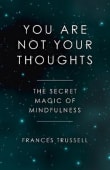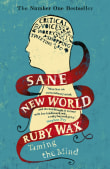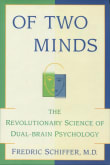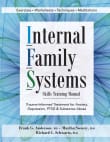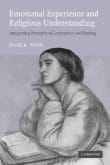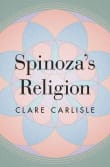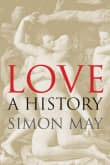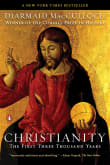The Master and His Emissary
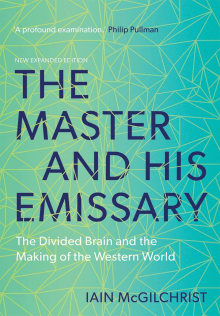
Book description
A pioneering exploration of the differences between the brain's right and left hemispheres and their effects on society, history, and culture-"one of the few contemporary works deserving classic status" (Nicholas Shakespeare, The Times, London)
"Persuasively argues that our society is suffering from the consequences of an over-dominant left hemisphere losing…
Why read it?
7 authors picked The Master and His Emissary as one of their favorite books. Why do they recommend it?

Brilliantly insightful and cross-disciplinary

This is an expansive treatment of the intellectual and cultural ramifications of the bilateral mind from ancient times to the present. The dominance of the analytic left hemisphere (the “emissary”), McGilchrist fears, threatens to usurp its experience-grounded “master” – to the detriment of human culture.
While The Master and His Emissary and The Origin of Consciousness cover similar topics, it is interesting and important to note that there are areas where their perspectives complement each other and those where they differ, such as their accounts of schizophrenia. I still find myself vacillating between the two. I sometimes wonder whether my…
From James' list on the nature and capacities of our bilateral minds.

Philosopher and psychiatrist McGilchrist presented a bold thesis about the working of the human mind. It has profound implications for the way we understand human societies. We’ve long known that the two halves of the brain perform different functions but, using approachable case studies and clearly presenting the science, the first half of the book argues that the left, more rational, part of the brain is dangerously dominant. Controlling and grasping, it needs to remain subordinate to the more inclusive, humane, and intuitive functions of the right brain. McGilchrist goes on to trace the consequences for the development of human…
From Fernanda's list on making us rethink global history.
If you love The Master and His Emissary...

Combining detailed scientific expertise with dazzling literary erudition, Iain McGilchrist offers a fascinating account of the dangers of abstract, analytic, ‘left-brain’ thinking when it is detached from the intuitive, imaginative, and holistic modes of awareness that make us truly human. I found his arguments deeply relevant to how we should think about religious ways of approaching the world.
From John's list on the human search for meaning.

This book is a magnificent collection of what research has taught us about our left and right brains over the last 70 years. It is a fascinating account of what we know and how our brain has shaped the condition of our world.
From Jill's list on finding peace inside of our beautiful brain.

This book was written by a neuroscientist, but in an accessible way, gives us an insight into our brains. It’s a big read but so worthwhile. It dispels the urban myth that the left brain is logical and the right brain creative. It explains how our brains are asymmetric and the hemispheres do indeed perform different roles. By becoming mindful of how our brains operate, we become better able to harness and control the most amazing structure in the known Universe that we are all blessed with.
From Tom's list on mindfulness and how it can help you.
If you love Iain McGilchrist...

This is far and away the most important book I’ve read in years. It’s destined to become a classic – Philip Pullman and John Cleese have been enthusiastic about it. I knew nothing about brain science when I started reading it, but I was deeply inspired by the book. An essential exploration, not just into brain science and consciousness but into culture, society and the arts.
From Maitreyabandhu's list on Buddhism, meditation, and philosophy.
If you love The Master and His Emissary...
Want books like The Master and His Emissary?
Our community of 12,000+ authors has personally recommended 100 books like The Master and His Emissary.













